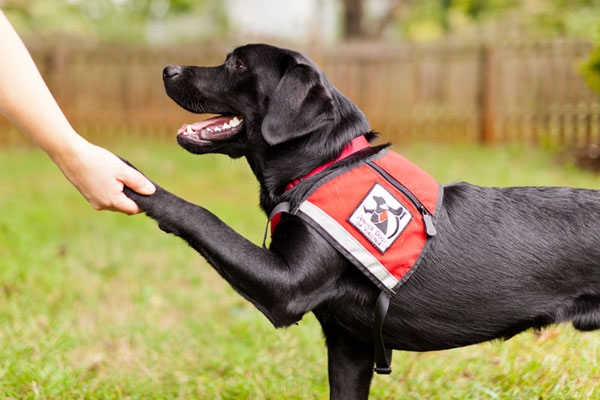SFTT joins millions of Americans in offering our thanks this Thanksgiving to the Veterans and active duty personnel who valiantly defend our freedoms.

As we all sit down to enjoy the traditional Thanksgiving turkey, SFTT is reminded of those who have sacrificed their lives for our country and the many Veterans who continue to suffer from the silent wounds of war.
While the battlefield war may be over, tens of thousands of Veterans suffer the effects of brain trauma. The effect of this debilitating injury not only affects the Veteran, but their family and loved ones who act as caregivers. While one would like to think that we are close to finding a life-changing solution for Veterans who suffer from PTSD and TBI, no credible solution appears imminent.
Some promising new therapies have surfaced in recent years, but the Department of Veterans Affairs (“the VA”) seems stuck in a time-warp defending outdated and failed programs. SFTT remains hopeful that the VA will come to its senses and begin adopting some successful third-party programs that have worked wonders for Veterans.
Hiding behind the mantra of “evidence-based medicine” sounds good, but loses its luster when the evidence strongly suggests that the VA programs have failed.
Our Veterans and their loved ones need solutions now!
As 2017 draws to a close, SFTT would like to thank a few people and organizations that have made a difference in the lives of Veterans this year. By no means is this an all-inclusive list, but one that offers our Veterans a path to recovering their lives:
Paul Harch and Hyperbaric Oxygen Therapy
Dr. Paul Harch is one of the leading practitioners of Hyperbaric Oxygen Therapy or “HBOT.” HBOT is a commonly used therapy provide patients with oxygen administered under pressure in a series of “dives” in an HBOT chamber. Used widely around the world for decades, HBOT has been shown to stimulate brain cells and help reverse the symptoms of PTSD and TBI. While many Veterans have found dramatic improvement in their condition, HBOT is not recommended by the VA to treat Veterans with PTSD and TBI.
Colin and Karen Archipley of Archi’s Acres
Thanks to combat-decorated Marine Sergeant Colin Archipley and his wife, Karen, a successful fashion industry entrepreneur in her own right, Archi’s Acres provides dedicated Veterans with the skills necessary to run a successful organic farming business in their community. With meaningful jobs in short supply for Veterans returning from multiple deployments to Iraq and Afghanistan, Archi’s Acres gives Veterans a lifeline to become entrepreneurs in a rapidly growing and eco-friendly business.
Yuval Neria and Equine Assisted Therapy
Dr. Neria is Professor of Medical Psychology at the Columbia University Medical Center and “Scientific Advisor” to Stand for the Troops (“SFTT”). He is now deeply involved in the Man O’War Project which is the first-ever clinical research study to determine the effectiveness of equine-assisted therapy (“EAT”) and establish guidelines for the treatment of military veterans who suffer from Post-Traumatic Stress Disorder (“PTSD”).
Maj. Ben Richards and Service Dog Bronco
Maj. Ben Richards is the Director of Veterans Operations at SFTT. Over a year ago, Maj. Richards acquired a service dog, Bronco, which has brought much needed comfort, safety and stability to his life. Sadly, the VA is “studying” the efficacy of service dogs in helping other Veterans with PTSD. This study will not be available until 2019.

Dr. Henry Grayson and Neuro Pathways
Dr. Grayson is co-chairman of SFTT’s Medical Task Force and has provided several day-long training programs to caregivers and clinical psychologists dealing with veterans suffering from Post Traumatic Stress (“PTSD”). The author of Use Your Body to Heal Your Mind, Dr. Grayson presents a radical view of health and healing based on an equally radical world view that we are all intrinsically connected rather than separate and that our belief in our separateness is a causal source of emotional and physical illness. Positing the body as the recipient of our beliefs, he shows that reading and responding to the body is a reliable path to emotional and physical healing. This is a challenging read with practical help for all willing to explore beyond the borders of traditional beliefs.”
Share
NOV
2017

About the Author:
STAND FOR THE TROOPS ("SFTT") is a 501(c)(3) educational foundation dedicated to safeguarding the physical and emotional well-being of America’s military personnel. Currently, our most pressing mission is to investigate and connect veterans to result-oriented treatments for the Traumatic Brain Injuries (TBI) and Post Traumatic Stress Disorder (PTSD) now triggering so many military suicides.